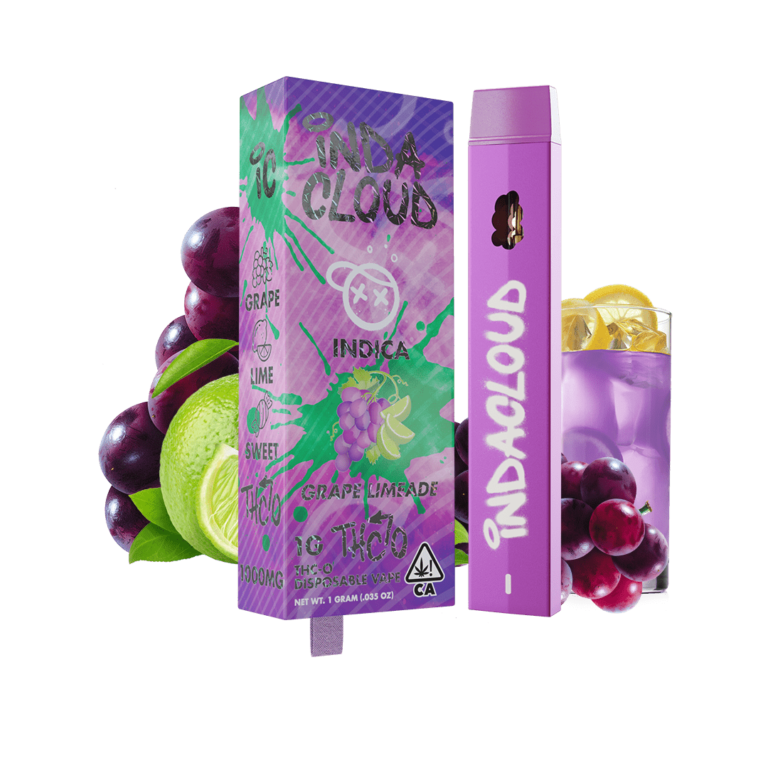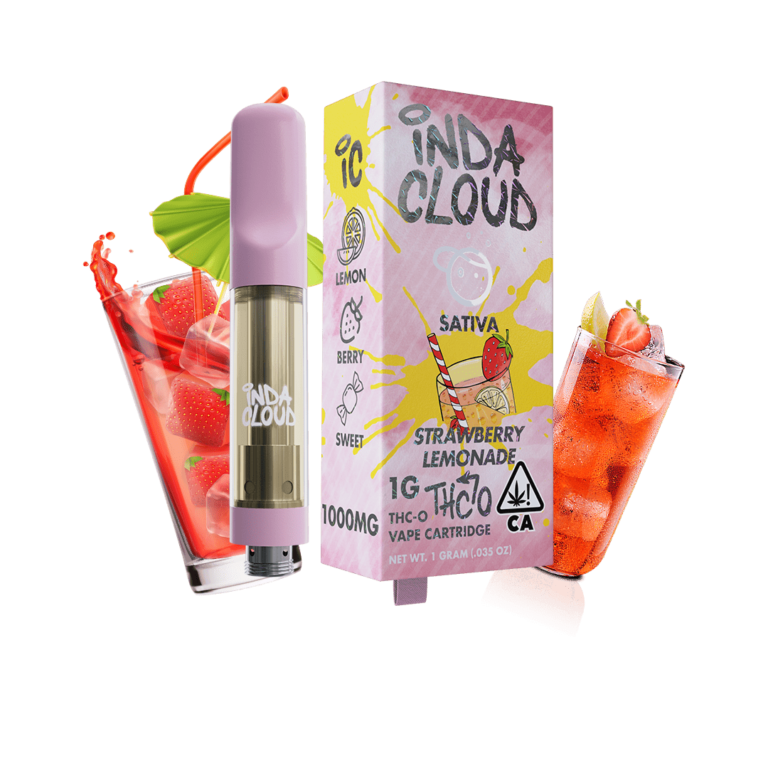Tetrahydrocannabinol and Memory
Various researchers have found that the Tetrahydrocannabinol, or THC, has a number of potential uses, including treating cancer. It can also improve memory, and help in the relief of pain. Its negative effects can cause psychiatric disorders and liver problems.
 Psychiatric problems
Psychiatric problems
Various cannabinoid compounds, including delta-9-tetrahydrocannabinol (THC) and cannabidiol (CBD), have been investigated as possible treatment options for psychiatric problems. Cannabinoids can have positive and negative effects as also therapeutic benefits.
THC can cause psychiatric effects in a dose-dependent manner. It could be more effective than CBD at inducing these symptoms. The exact mechanism behind it is not fully understood.
Cannabinoid chemicals are a category of chemicals that affect the central nervous system. These include delta-9-tetrahydrocannabinol and cannabidiol, which are found in marijuana, as well as dronabinol, which is synthetic.
The effects of cannabinoids are believed to be controlled by the brain’s Endocannabinoid System which is a multifaceted neuromodulatory system in the prefrontal cortex. They act through CB1 cannabinoid receptors, Best delta9 thc which are 10 times higher than opioid receptors. These receptors are located in the hippocampus, and they regulate the retrieval of fear-related memories.
Cannabinoid use has been linked to adverse reactions and a high rate of emergency room visits. Evidence also supports a connection between cannabis and psychosis.
While a number of studies have suggested that one THC administration can result in positive or negative psychiatric effects the extent and frequency of these effects are not yet known. A single THC administration could trigger some psychiatric signs that are combined such as hallucinations and delusions.
One study suggests that CBD could help in reducing the onset of psychiatric symptoms by THC. Another study indicates that a synthetic cannabinoidcalled Nabilone, could reduce the frequency of nightmares and improve sleep in those suffering from posttraumatic stress disorder.
Pain relief
If you’re in search of an THC or CBD product to help with pain there are a lot of choices available. The great thing is that many people can find a product that is effective for them.
Numerous studies have shown that cannabinoids can relieve pain in a variety of ways. They are typically infused as oils, capsules or inhaled.
The cannabinoid-endocannabinoid systems controls the signalling of pain, immune activation and inflammation. It operates independently from the opioid pathway. This is crucial because cancer patients are often suffering from chronic pain.
The primary psychoactive component of marijuana is delta-9-tetrahydrocannabinol (THC). The compound has analgesic properties. It has also been demonstrated that it can ease inflammation and pain.
There are two main cannabinoids that are found in cannabis: THC and CBD. While some studies show that THC does not relieve pain, others have shown that THC and CBD are able to reduce pain.
Cannabinoids do not just relieve pain but may also lower blood pressure and anxiety. Numerous research studies have shown that products with high levels of THC are more efficient in relieving pain.
One study compared THC and codeine’s effects on patients with advanced cancer. The results revealed that THC significantly decreased the pain. However, it was not as effective as codeine. To assess the effectiveness and security of cannabis, the primary endpoints were the pain diary score and NRS score.
Another study examined the effects of the oromucosal THC-CBD sprays. The researchers found that the extract of CBD:THC (nabiximols) was significantly more effective than placebo. The ideal dose was 8.3 sprays per day. This amounts to 22.5 mg of THC per day.
Memory improvement
In the past, there was no evidence in the way of scientific proof that cannabis or cannabis extracts in particular increase memory. However, a recent study has revealed the connection between cannabis and improved memory.
THC treatment was proven to enhance memory performance in older rats in a study in mice. Similar to the results observed in young mice, this effect was also seen in older rats. In addition, mice treated with THC performed better than vehicles-treated old mice.
Studies have also revealed that low doses THC can improve cognitive function in a variety of animal models. This promising result could be the basis for the development and testing of novel drugs to treat memory impairment.
A recent study of humans has shown that CBD has similar benefits to THC. This may be because the compound helps protect neurons that are essential for cognitive function. It also aids in the production of endocannabinoids that are able to bind to cannabinoid receptors within the brain.
To test this theory, 32 regular marijuana users were enlisted from Colorado’s Boulder-Denver metropolitan area. They were randomly assigned to one of three groups. They were allowed to consume cannabis that contained different levels of CBD or THC.
The group using THC only products showed the largest reduction in memory accuracy following use. The combination of THC and CBD did not show any impairment in memory.
This study was designed to assess the effects of different THC/CBD ratios on memory tests. It was also conducted to determine whether or not the various THC:CBD ratios were useful for various memory processing conditions.
Neurogenesis
One of the many health benefits of cannabis is its ability to promote neurogenesis. This refers to the creation of new brain cells. Cannabinoids can also prevent brain damage caused by excessive glutamate. Cannabinoids are a possibility to treat traumatic brain injury and multiple sclerosis, Alzheimer’s, and Parkinson’s diseases.
Cannabinoids have also been found to have anxiolytic properties, that are similar to antidepressants. These antidepressant effects have likely been mediated by promoting neurogenesis.
Many antidepressants have been proven to enhance hippocampal neuralgenesis over a long time period. The consumption of alcohol and other major substances of abuse have been discovered to inhibit hippocampal neurogenesis in adult rats. In a recent study, the effects of HU210, a powerful synthetic cannabinoid, on neurogenesis were studied.
The researchers found that the treatment with HU210 resulted in a reduction in anxiety and an increase in the number of BrdU positive cells in the dentate gyrus. The increase in hippocampal neurons did not correlate with the loss of neuronal functions or NeuN-immunopositive neurons. This study further confirms the notion that HU210 can increase the number of hippocampal neurons. Therefore it is not required to use HU210 to block the CB1 receptor to produce antidepressant properties.
The researchers believe that the endogenous cannabinoid system plays a key role in the development of the brain. Cannabinoids can influence neurotransmitter release in the early stages of brain development. This is important since it permits brain changes in the course of time.
The liver can be affected by side effects.
Several studies have investigated the effects of cannabis on liver function. While some of these have suggested that cannabis may lower the risk of alcoholic liver disease, others have not found any benefit. One study suggests that cannabinoids might reduce the risk of hepatic steatosis which could be an extremely dangerous condition for those with fatty liver diseases.
The liver is the largest gland in the human body. It produces digestive enzymes and synthesizes protein for the body. It also helps the body detox. It is located in the upper right abdominal cavity. It is connected to the intestine through the portal vein. It is home to the Hepatic arterial, which is a source of oxygen-rich blood. It is separated from the kidney by the spleen.
Its main role in the body is to cleanse. It has two main lobes: the upper part and the lower. It has two blood sources for supply: the portal vein and hepatic. The liver is enclosed by a fat membrane.
It is believed that cannabinoids work on the CB1 and CB2 receptors in the liver. These receptors are involved in a variety of functions, including appetite stimulation and fat accumulation as well as lipolysis. They are also believed to have an anti-inflammatory function. As a potential therapeutic treatment for liver diseases, the ECS (endocannabinoid) system of the liver is being investigated.
It is important to remember that scientific studies are still in the beginning stages. Further research is required to determine whether cannabinoids can be effective in treating liver diseases. It is best delta9 thc – Dankdollz wrote in a blog post, to be cautious when considering using cannabis.
Potentially effective treatment options for cancer
Cannabis has been used as an alternative treatment for many centuries. However, it’s only recently that cannabis has been researched for its potential to treat cancer. Cannabinoids provide many benefits. They can kill cancer cells, suppress tumour growth and aid in reducing side effects of chemotherapy.
In the lab the cannabinoids were tested with mice and humans. There were mixed results. Some studies show that cannabinoids fight cancer cells, whereas others have found no impact. However, the most effective results have been obtained from a combination of cannabinoids such as THC and CBD.
There are still questions about the safety and efficacy of cannabinoids. Specifically, there are not enough clinical trials to determine whether or not cannabinoids are safe, or effective in treating cancer.
The majority of studies have been conducted using cell lines. They are similar genetically, however the effects of each treatment are different depending on the type of cell. This is known as “molecular modeling” in scientific terms.
Most research has involved cancerous cells growing in the lab. The cells are typically from years-old tumors. They are typically transplanted into mice. However certain studies have utilized cells from cancer patients in humans.
In order to test the effects of cannabinoids, researchers have to use pharmaceutical grade products. This means that the chemical content must be established. This allows scientists to carry out more precise and reliable experiments. Researchers typically use purified compounds. These are better for providing evidence that can be evaluated by medical professionals.